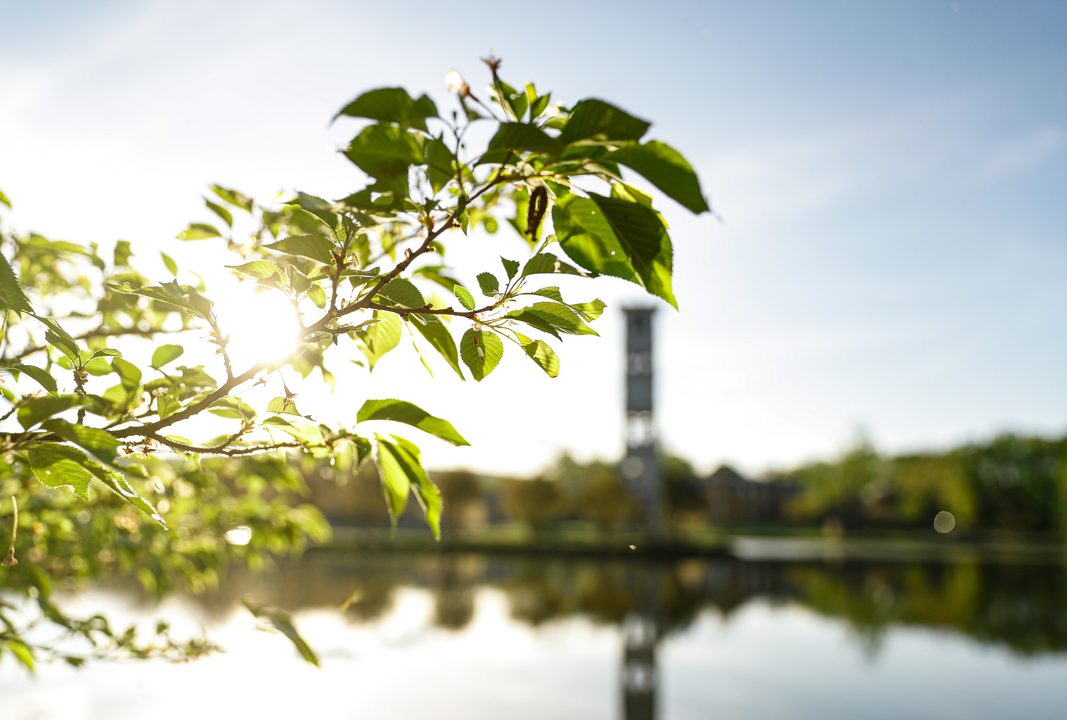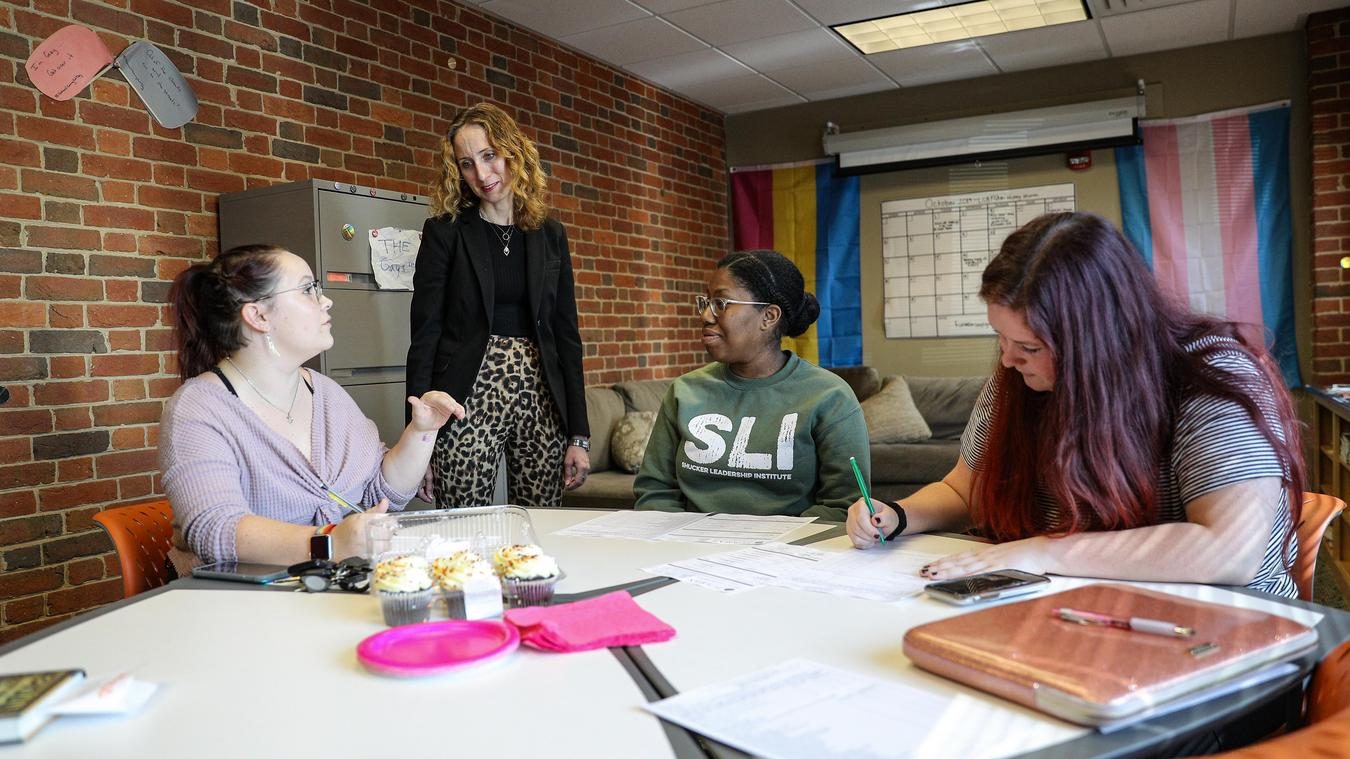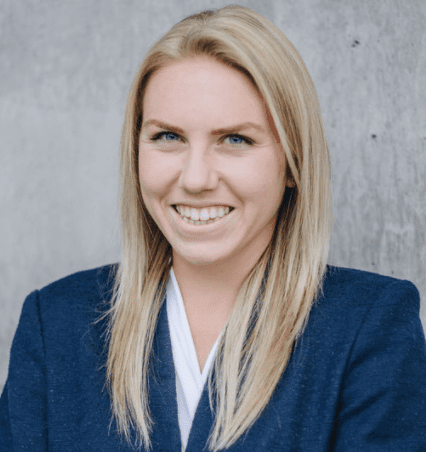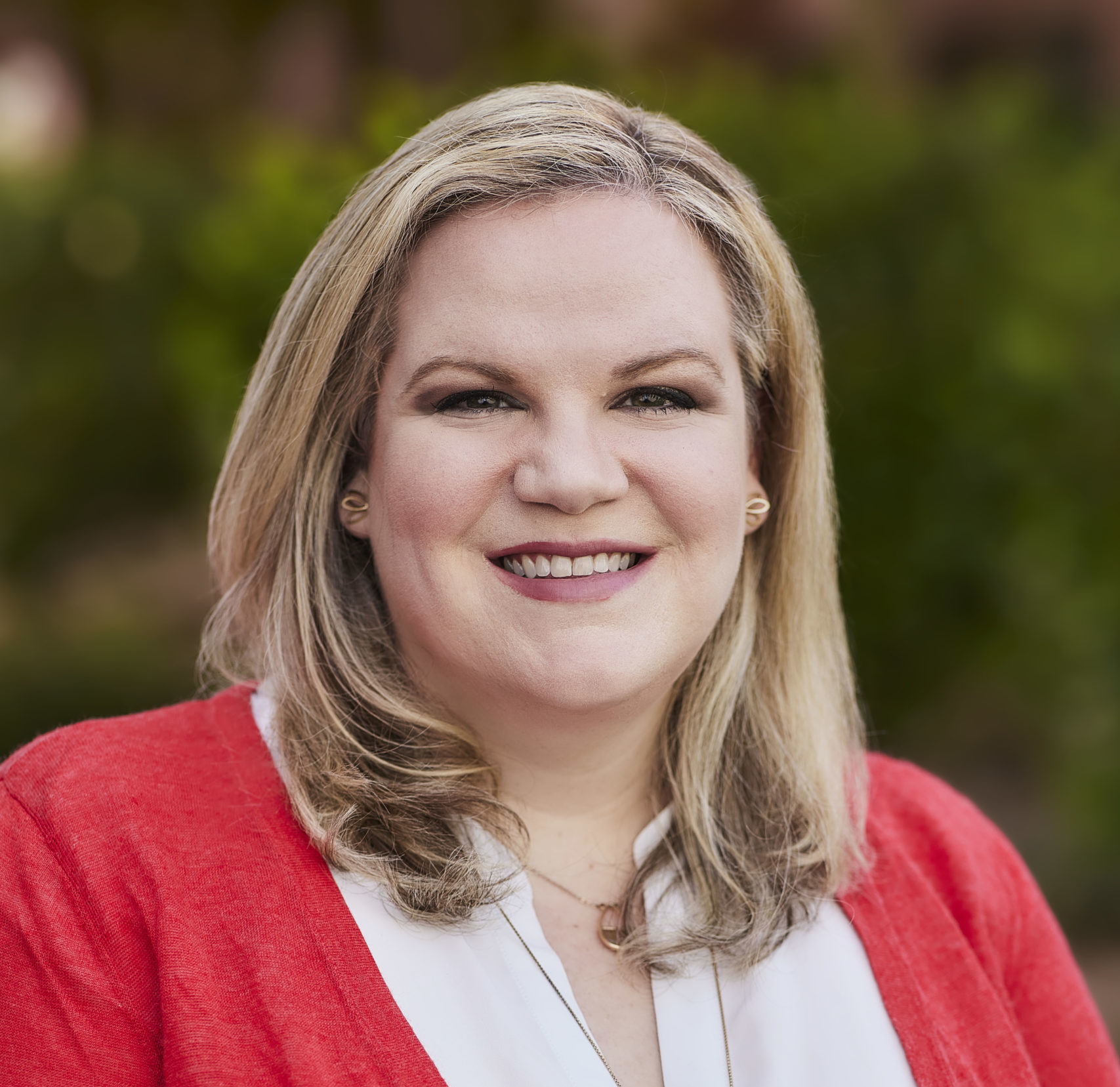Program Overview
The Women’s, Gender, and Sexuality Studies (WGSS) program gives students the intellectual and practical tools for engaging with the ways gender and sexuality impact our lives. Through a multidisciplinary approach among thirteen academic departments, students explore the intersections of gender, race, ethnicity, age, class, ability, sexuality, and religious affiliation. Students can choose to major or minor in Women’s, Gender, and Sexuality Studies and learn to apply theoretical concepts to understand and challenge forms of oppression from racism to sexism and homophobia, to classism and religious intolerance. Furman’s diverse WGSS curriculum prepares students to pursue a wide range of professional opportunities and/or additional education.
Recent evidence on the pandemic’s imbalanced toll on working mothers who left the workforce and on queer youth who remained in unsafe or non-affirming homes, as well as the #MeToo movement’s focus on systemic abuse of power/privilege, reminds us that WGSS goes beyond curricular issues; it is about the world we live in.
To receive our newsletter, please sign up here.
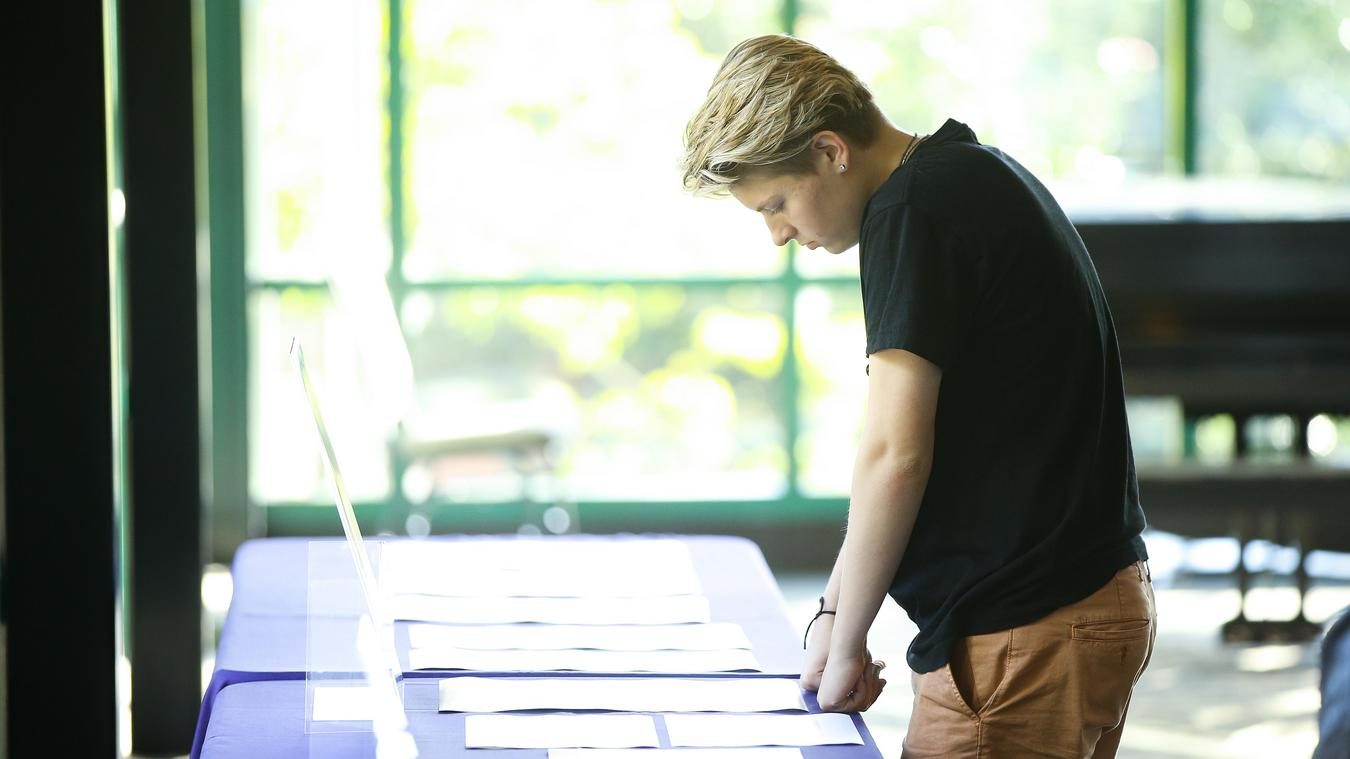
Engaged Learning
Students can participate in faculty-sponsored internships at local agencies that, for example, advocate for victims of child abuse, sexual assault, human trafficking, prostitution, or addiction. Students have also participated in virtual study-away internships, such as one with a Netherlands-based organization that aims to destigmatize the sexuality of those with disabilities. Faculty-supervised research on a collaborative project is also a component of WGSS. May Experience courses, such as study away in Sweden (“Sex Goes to School: Sex Education in the United States and Sweden”) or on campus (“Sexual Revolutions in Modern America”) provide additional opportunities for intellectually engaging experiences.
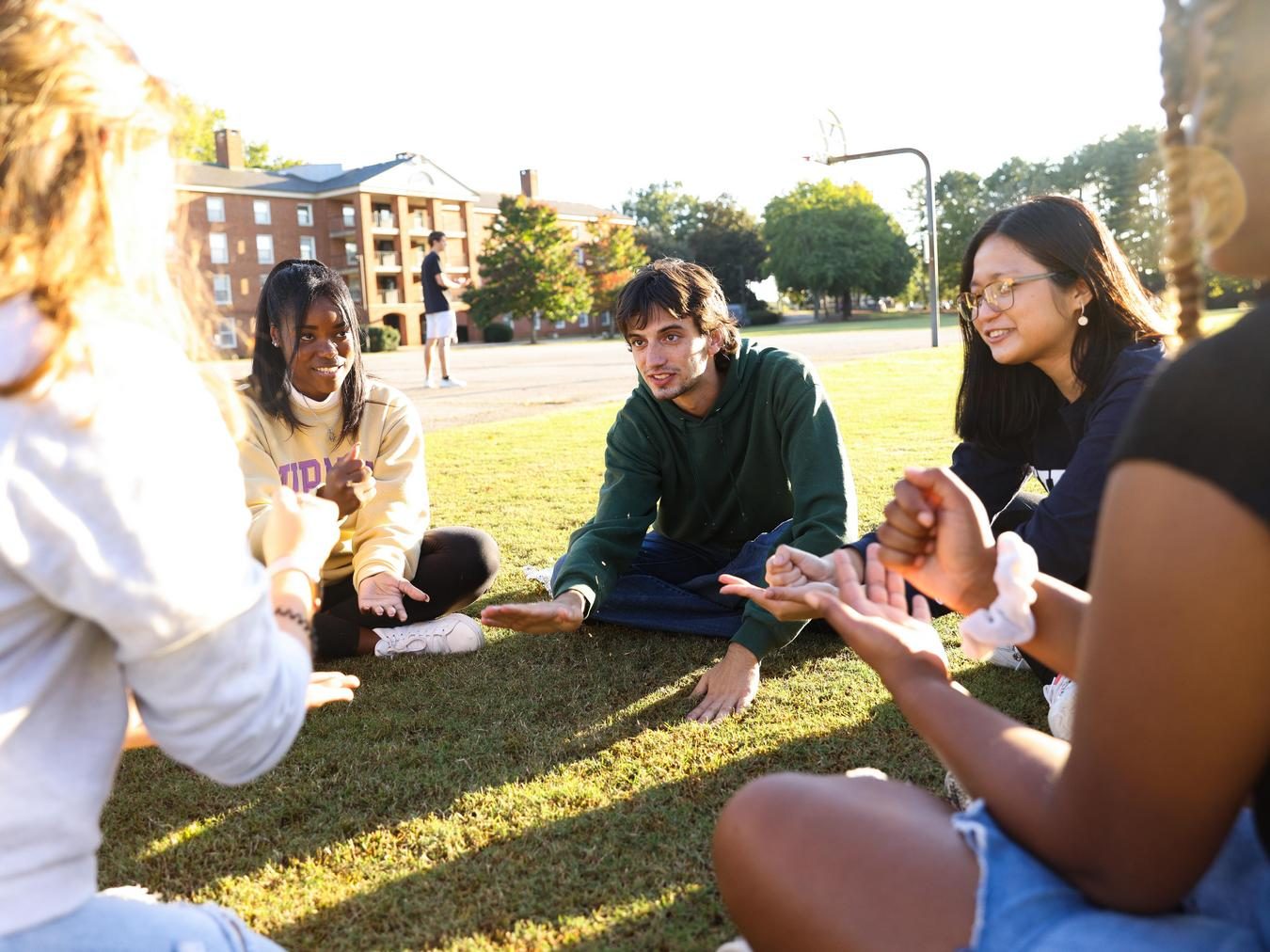
WGSS Major
Complete one of these introductory courses— Issues in WGSS or Queer Theory —and the equivalent of seven elective courses in at least three different disciplines. As a culminating experience, students either conduct directed research or participate in a supervised internship for course credit.
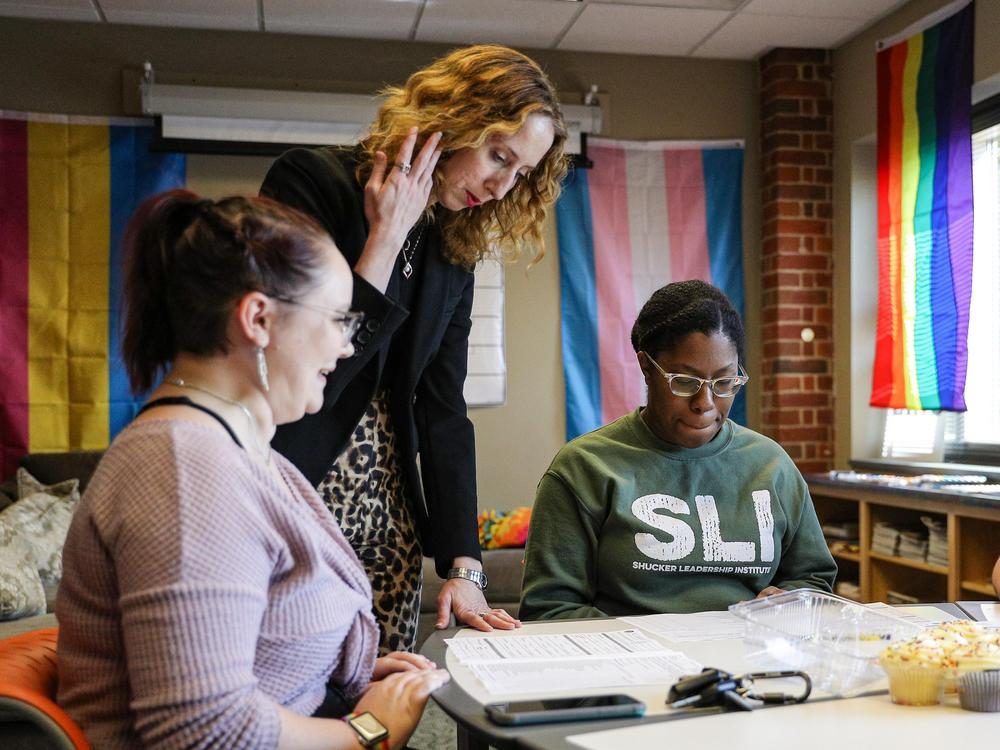
WGSS Minor
Complete one of these introductory courses — Issues in WGSS or Queer Theory — and at least four additional courses, representing three different disciplines from a wide array of choices.
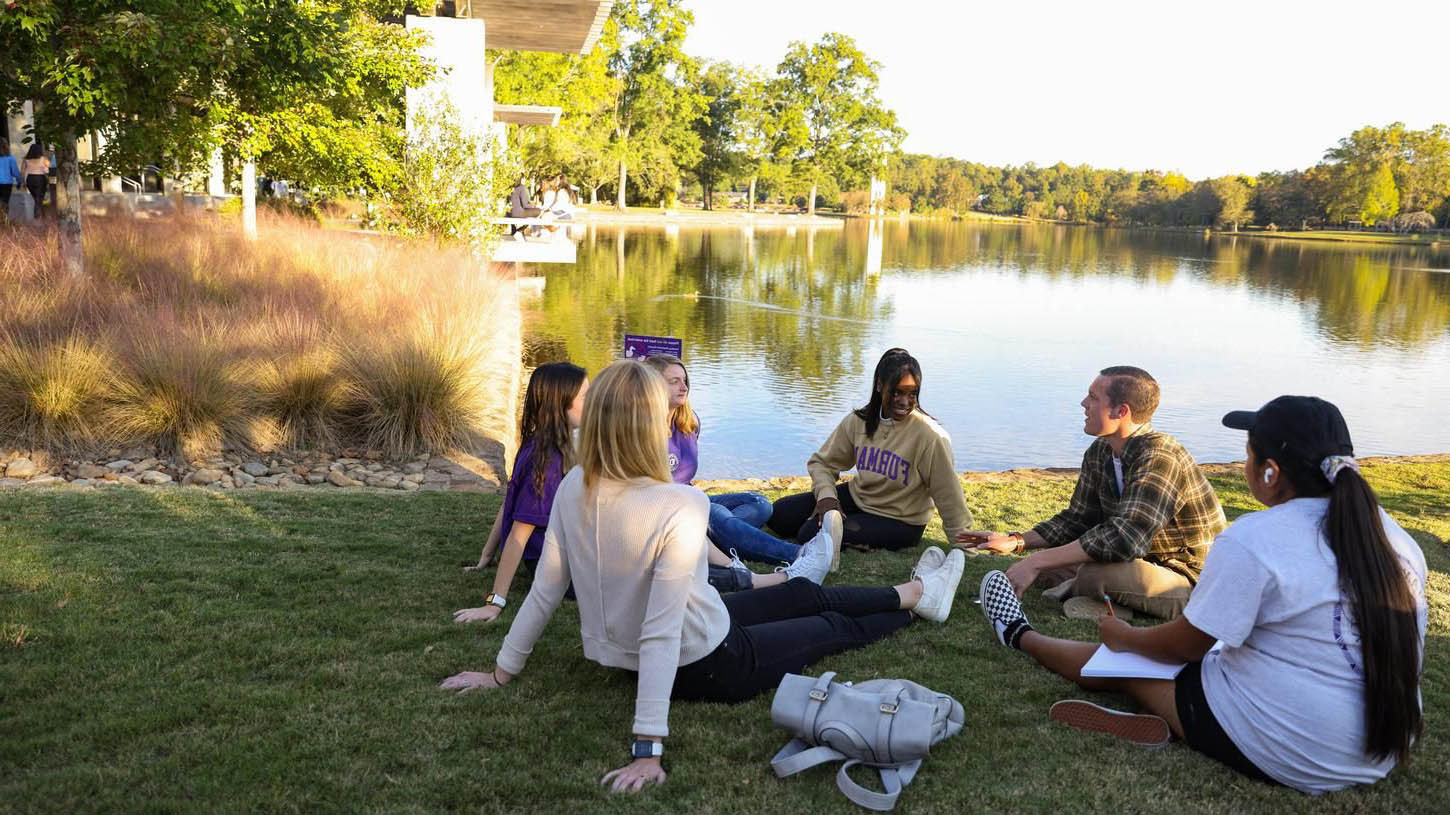
Speaker Series
In the Fall of 2023, the Women’s, Gender, and Sexuality Studies Program launched a three-year interdisciplinary speaker series. For the first year, the series’ theme is broadly organized around multidisciplinary discussions of “the body.” In organizing this series, WGSS collaborated with 8 different departments, centers, and institutes on campus. The series is generously sponsored by the Furman Humanities Center, the Reid Endowed Lecture Fund, the Center for Inclusive Communities, the English, History, Biology, Psychology, Health Sciences, and Art departments, the Duke Library, the Institute for the Advancement of Community Health, and the new Master’s program in Advocacy and Equity Studies.
During the 2023-2024 academic year, the WGSS Program will bring seven speakers to campus, including a MacArthur Genius Award winning biologist from Yale, a Distinguished Lecturer of the Organization of American Historians, an artist, a poet and more! See below for more details.
With the exception of November’s event, each of these talks is open to the public. We welcome you to join us. Please contact kathleen.casey6@furman.edu with any questions.
- At the End of the World: Apocalyptic Bodies and the Feminine Sublime – Dr. Aviva Dove-Viebahn, Assistant Professor of Film & Media Studies, Arizona State University – September 28, 5pm, Burgiss Theater
- Trans Representations: Decolonizing Contemporary Art – Dr. Ace Lehner, Assistant Professor in Art & Art History, University of Vermont – October 19, 5pm, Furman Hall 214
- How to Talk about Abortion – Maya Oaks, Director of Reproductive Health Programs, American College of Obstetricians & Gynecologists – November 16, 5pm, Burgiss Theater
- Performance All the Way Down: Genes, Development, and the Sexual Body – Dr. Richard Prum, Professor of Evolutionary Biology, Yale – February 1, 5pm, Burgiss Theater
- Who Really Struggles with Their Body? Body Image and Disordered Eating in Diverse Samples – Dr. Taryn Myers, Professor of Psychology, Virginia Wesleyan University – February 29, 5pm, Johns Hall 101
- The Resistant Body: Female Hunger Strikers in Modern America – Dr. Victoria Wolcott, Professor of History, University at Buffalo – March 21, 5pm, Furman Hall 214
- A Reading with South Carolina Poet Evelyn Berry – Evelyn Berry, Poet, author of “Grief Slut” – April 18, 5pm, Furman Hall 214
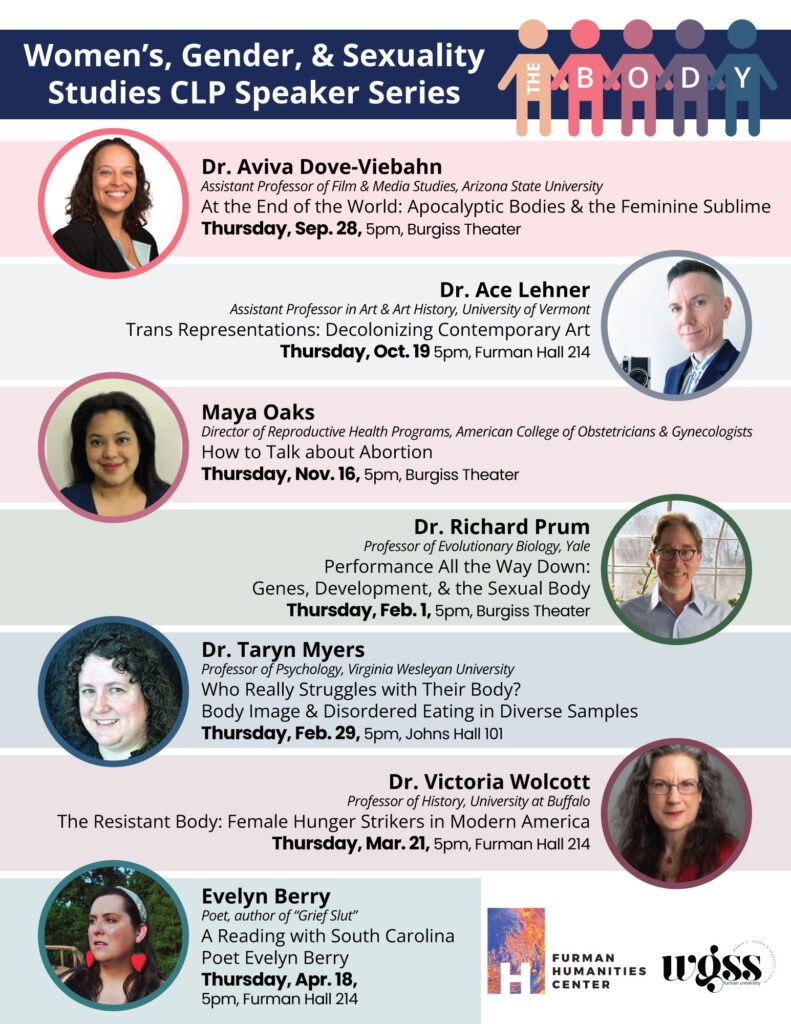

Other past WGSS co-sponsored events:
- Unpacking Barbie: A Conversation About the Summer’s Biggest Movie
- Narrating Trauma in the 19th Century and Now – Dr. Gretchen Braun
- Censorship in the Palmetto State: A Panel Discussion



Resources
- Furman Feminist Society
- Furman’s LGBTQ+ Zine and Small Press Collection
- Furman Justice Forum
- Furman Pride Alliance
- LGBTQ+ Committee
- Out at Furman
- RAISE: Resident Assistants for Inclusion, Solidarity, and Equity
- Religious Rainbow
- SHARP: Sexual Harassment and Rape Prevention
- Transgender and Ally Resource Guide
- Women in STEM
Teaching Faculty
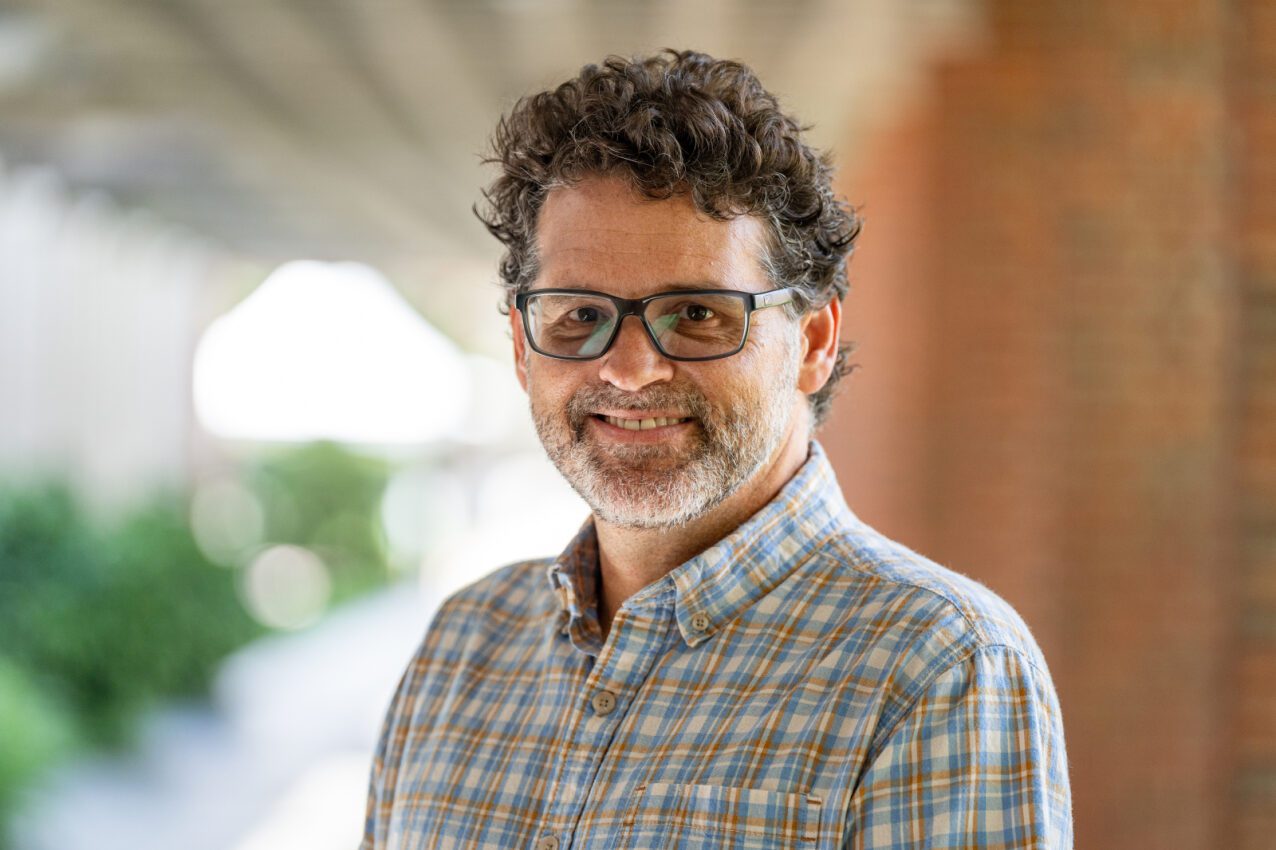

Erik Anderson
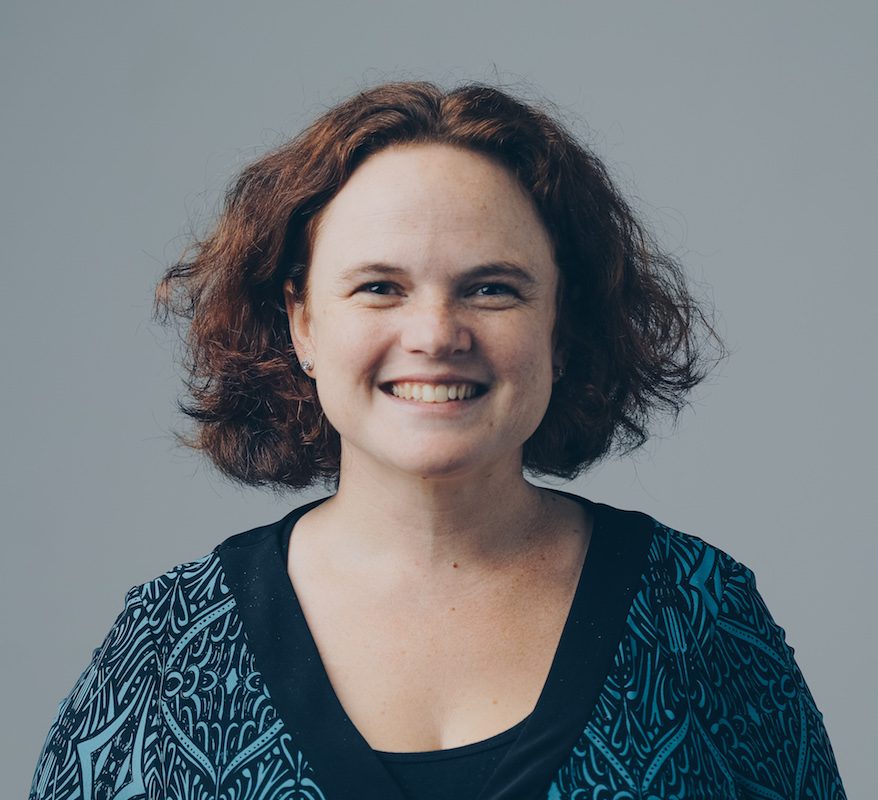

Sarah Archino
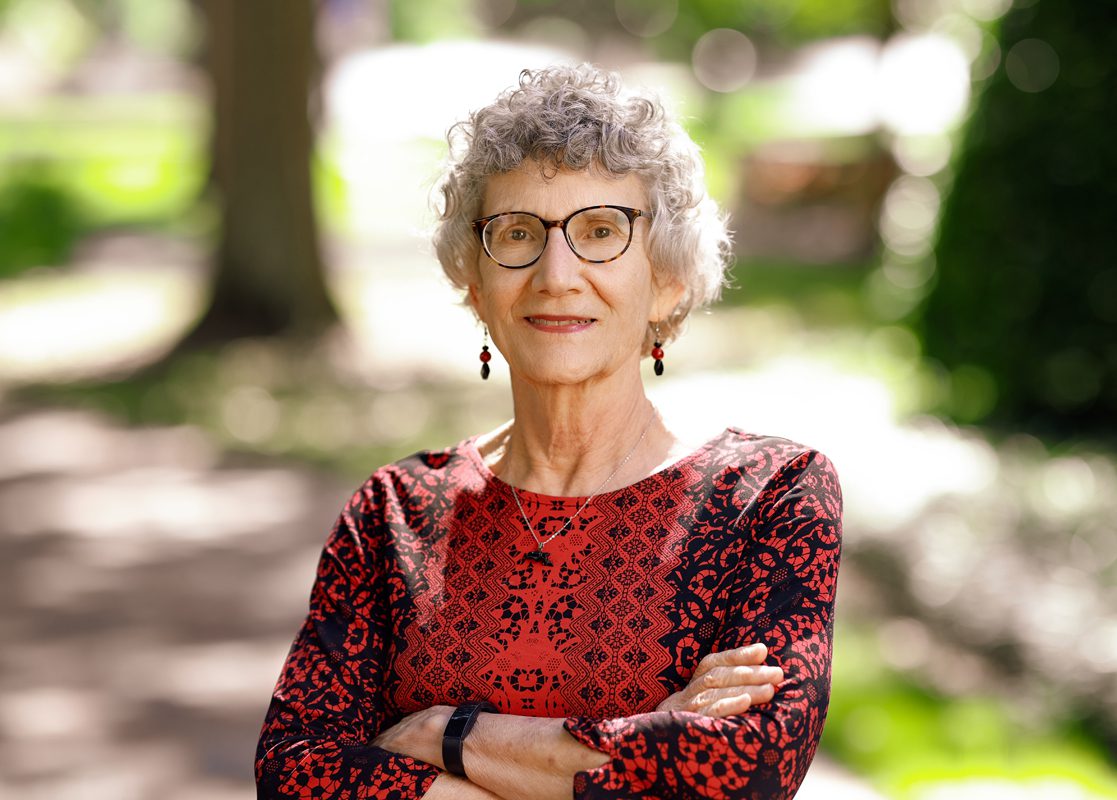

Marian Osborne Berky
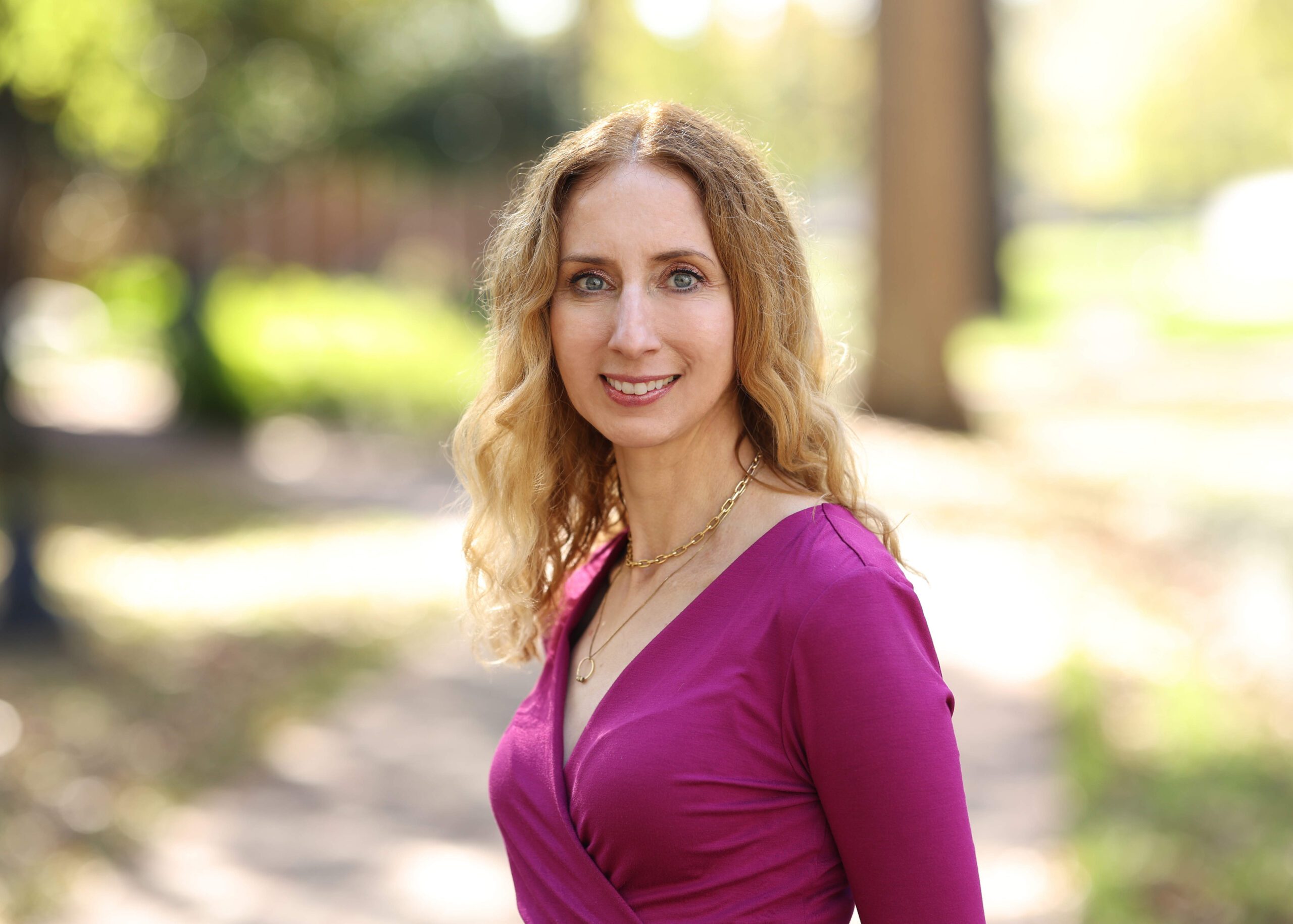

Gretchen Braun
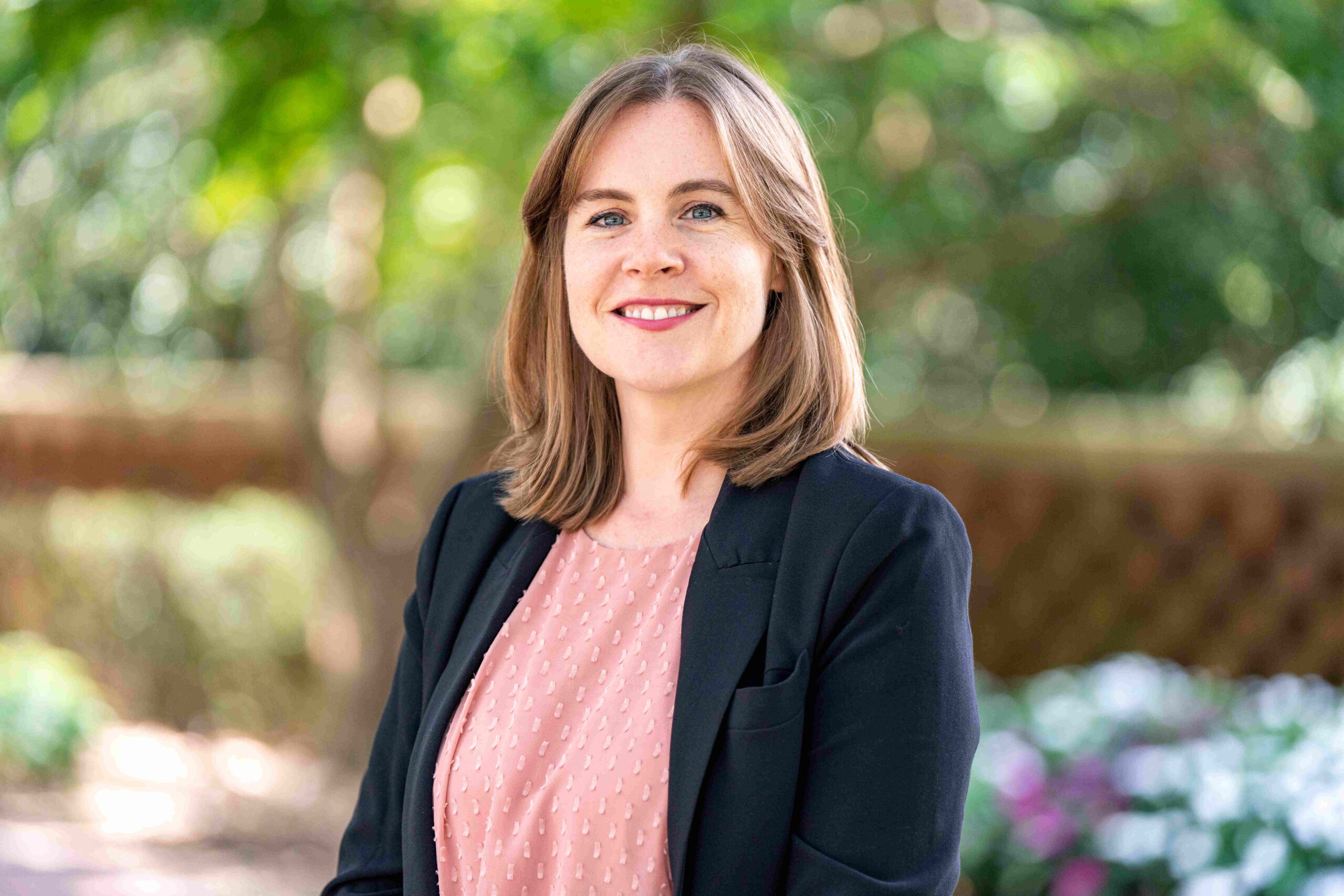

Kathleen Casey
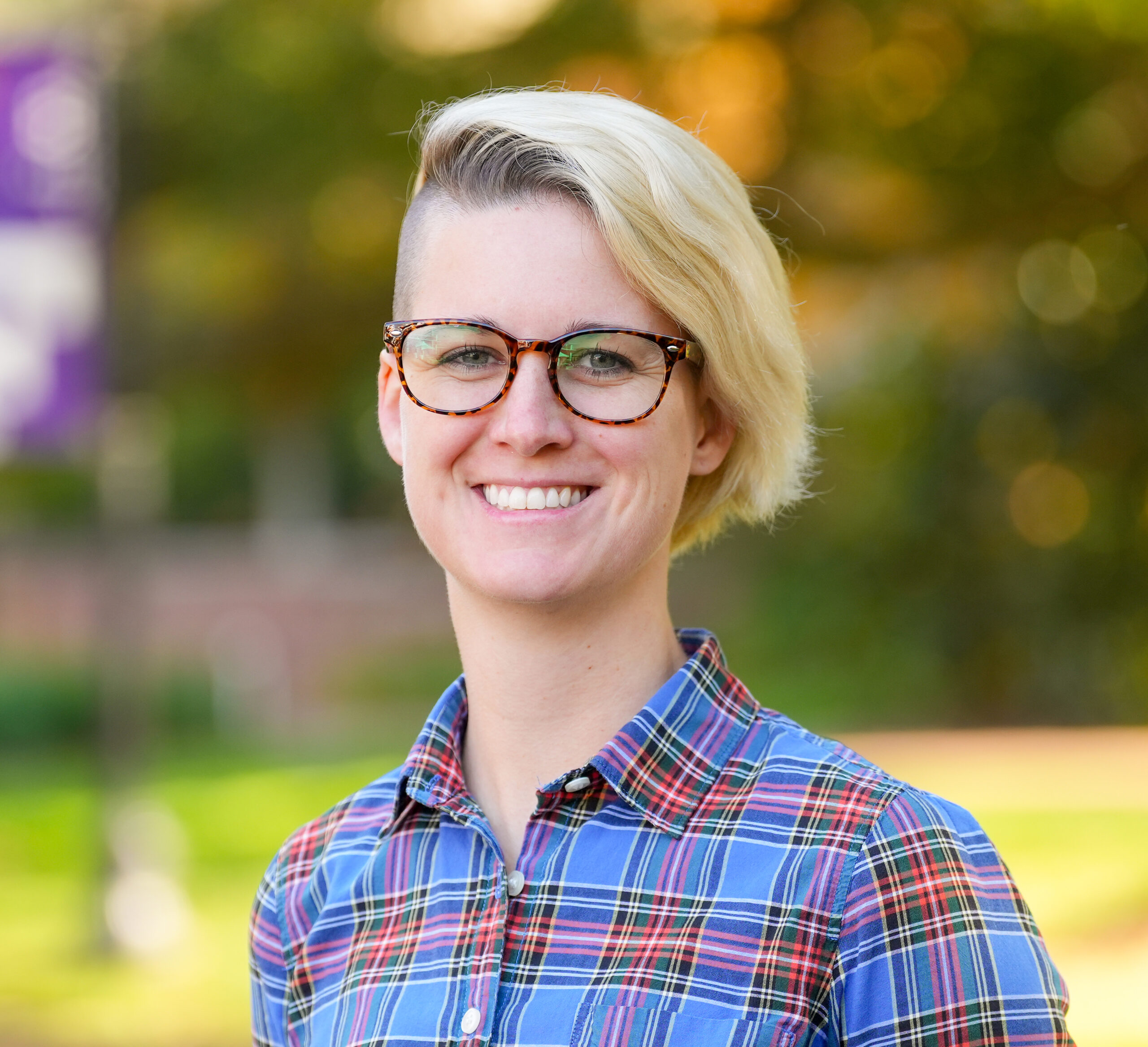

Sarah Cochran
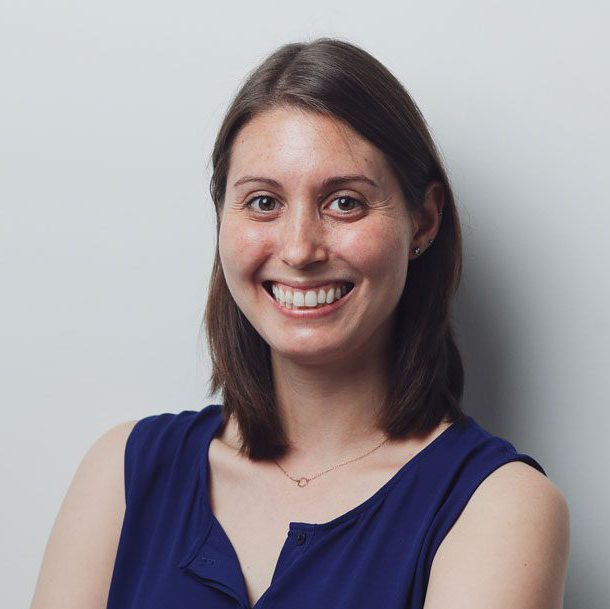

Kylie Fisher
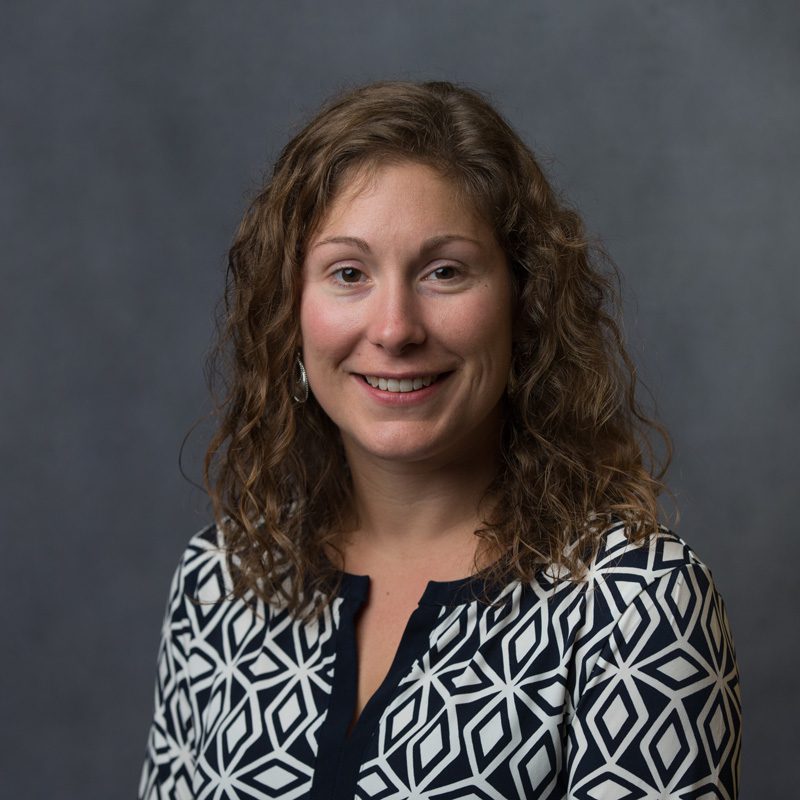

Linnea Freeman
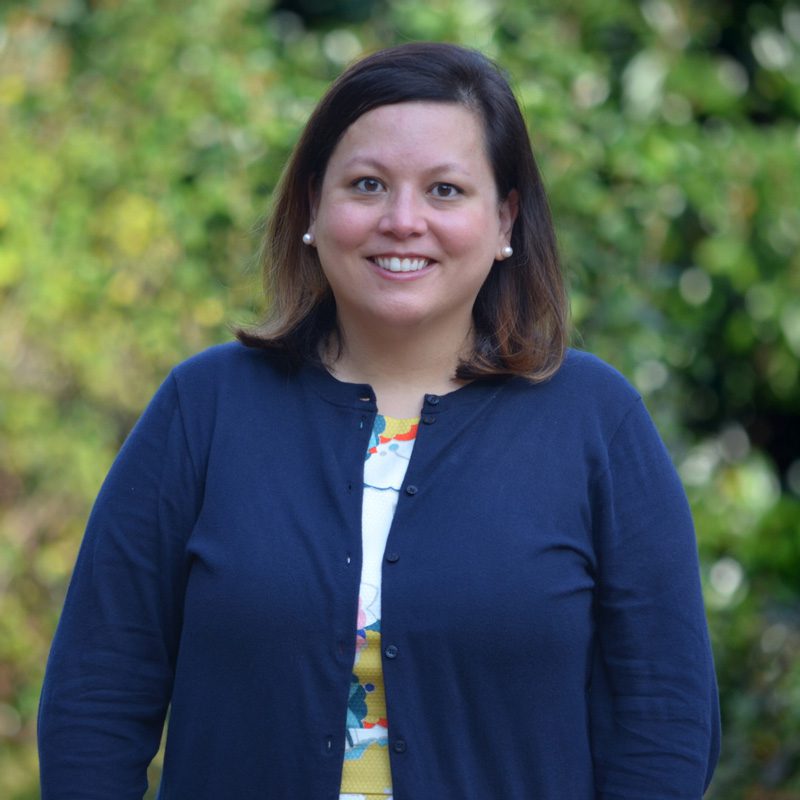

Jessica Hennessey


Scott Henderson


Tuğçe Kayaal
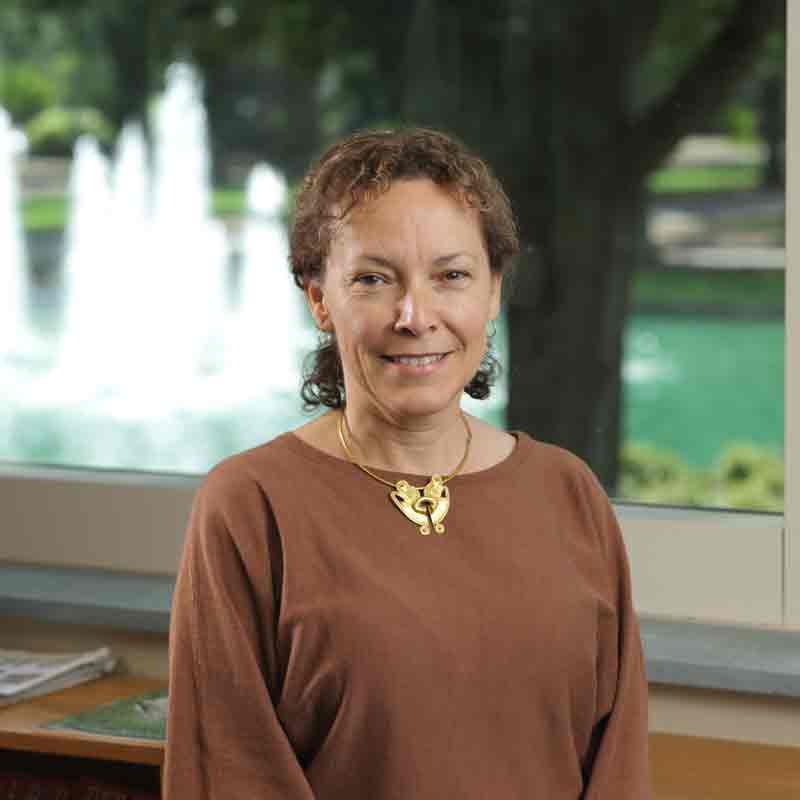

Sofia Kearns
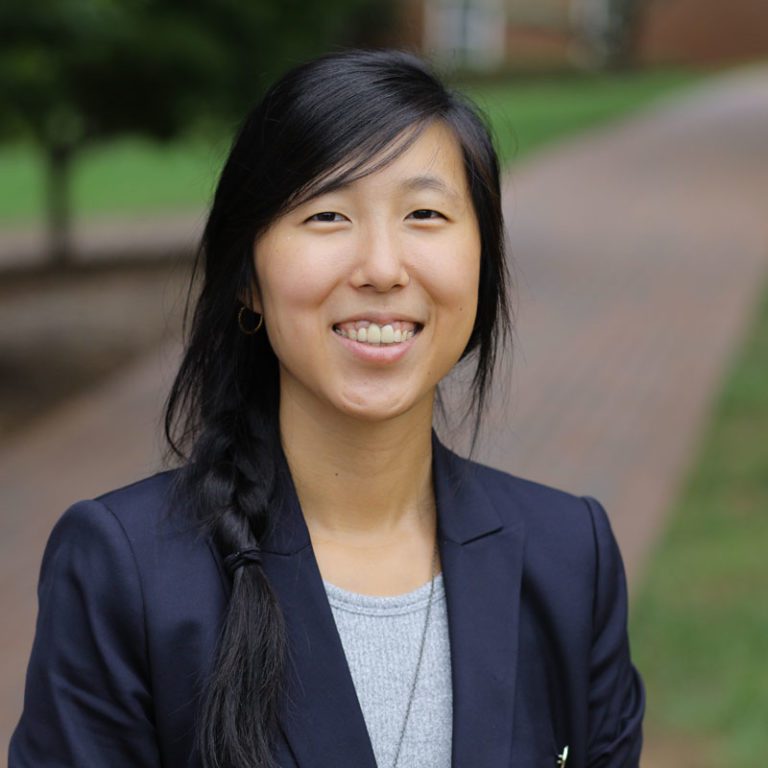

Eunice Kim
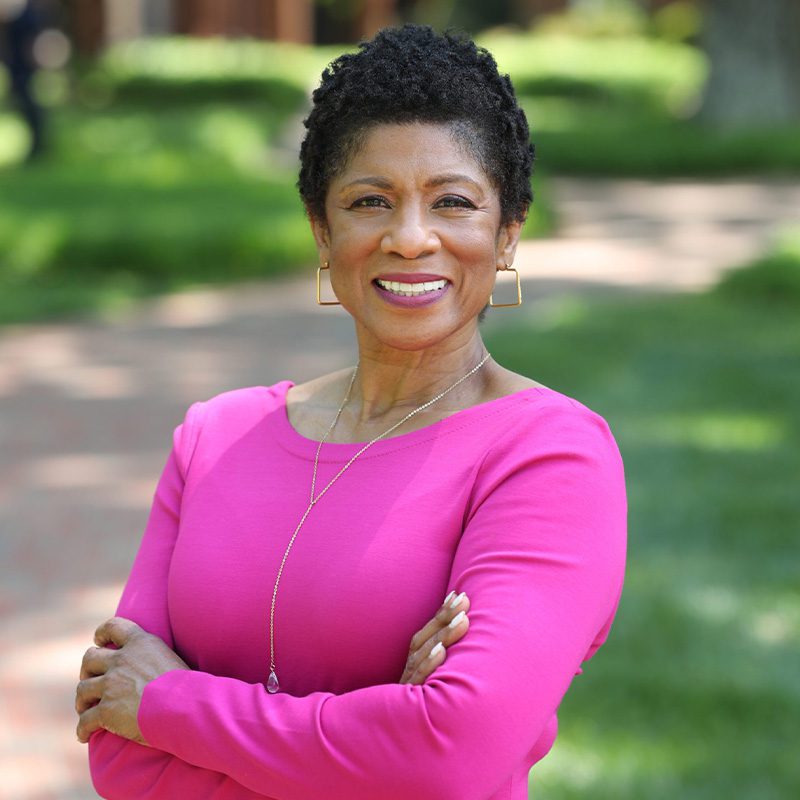

Cynthia King


Lisa Knight
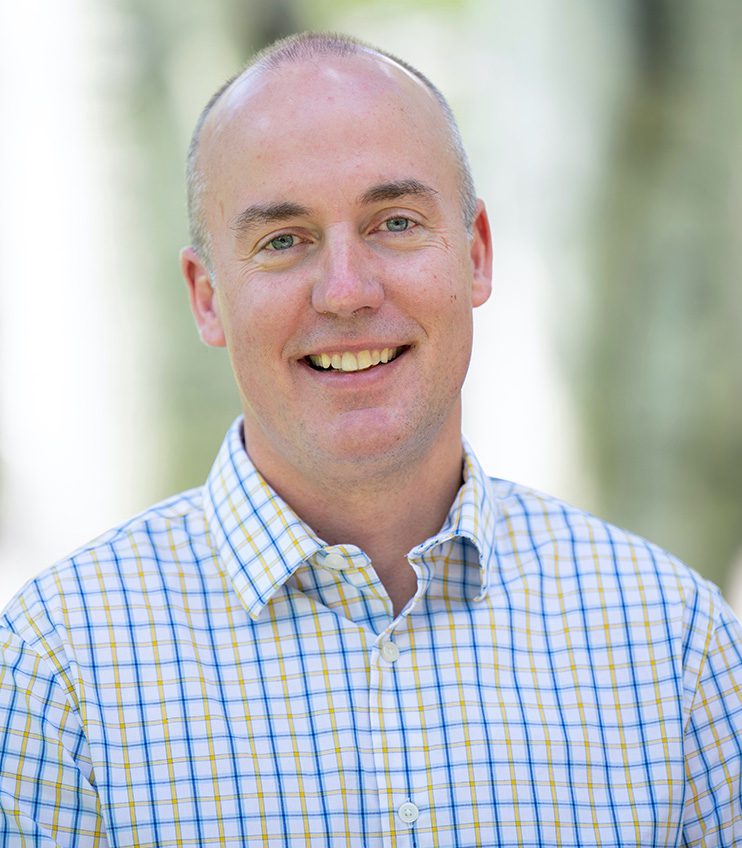

Ken Kolb


Camille Lewis
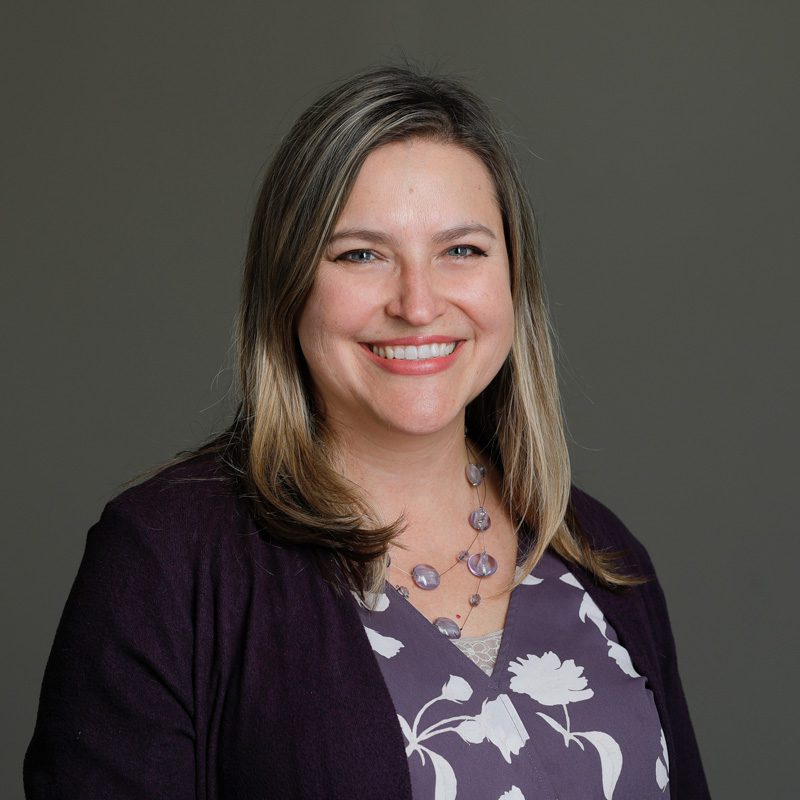

Angélica Lozano-Alonso
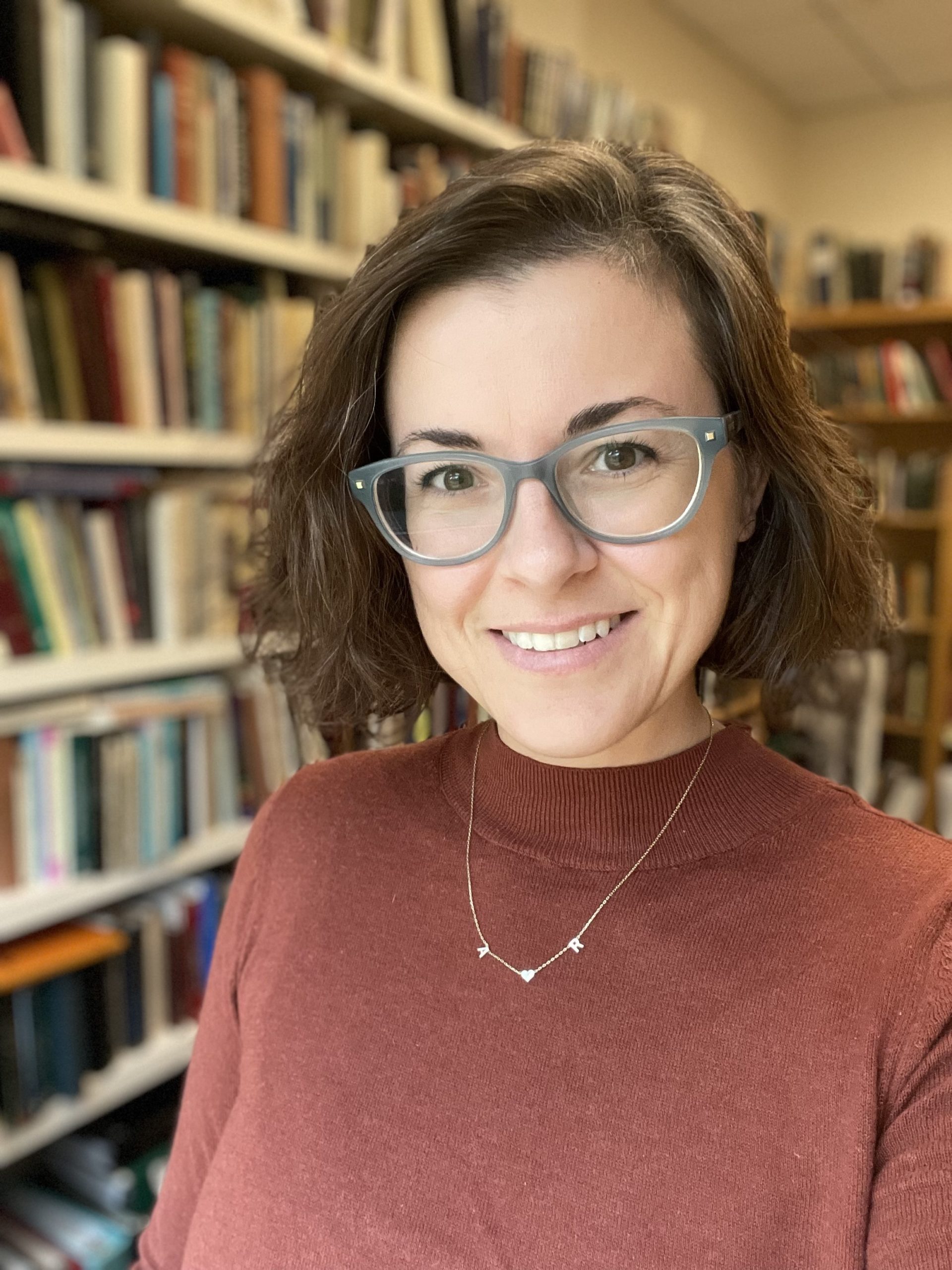

Victoria Montrose
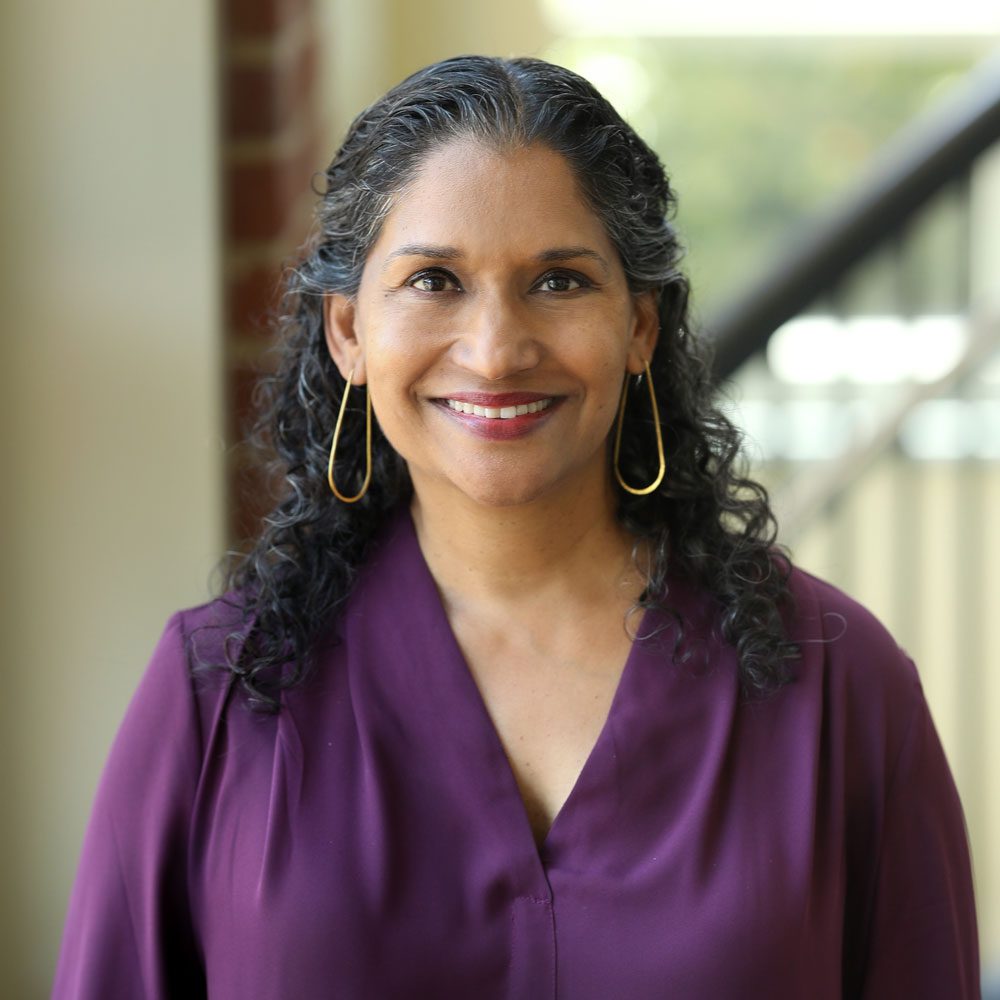

Savita Nair
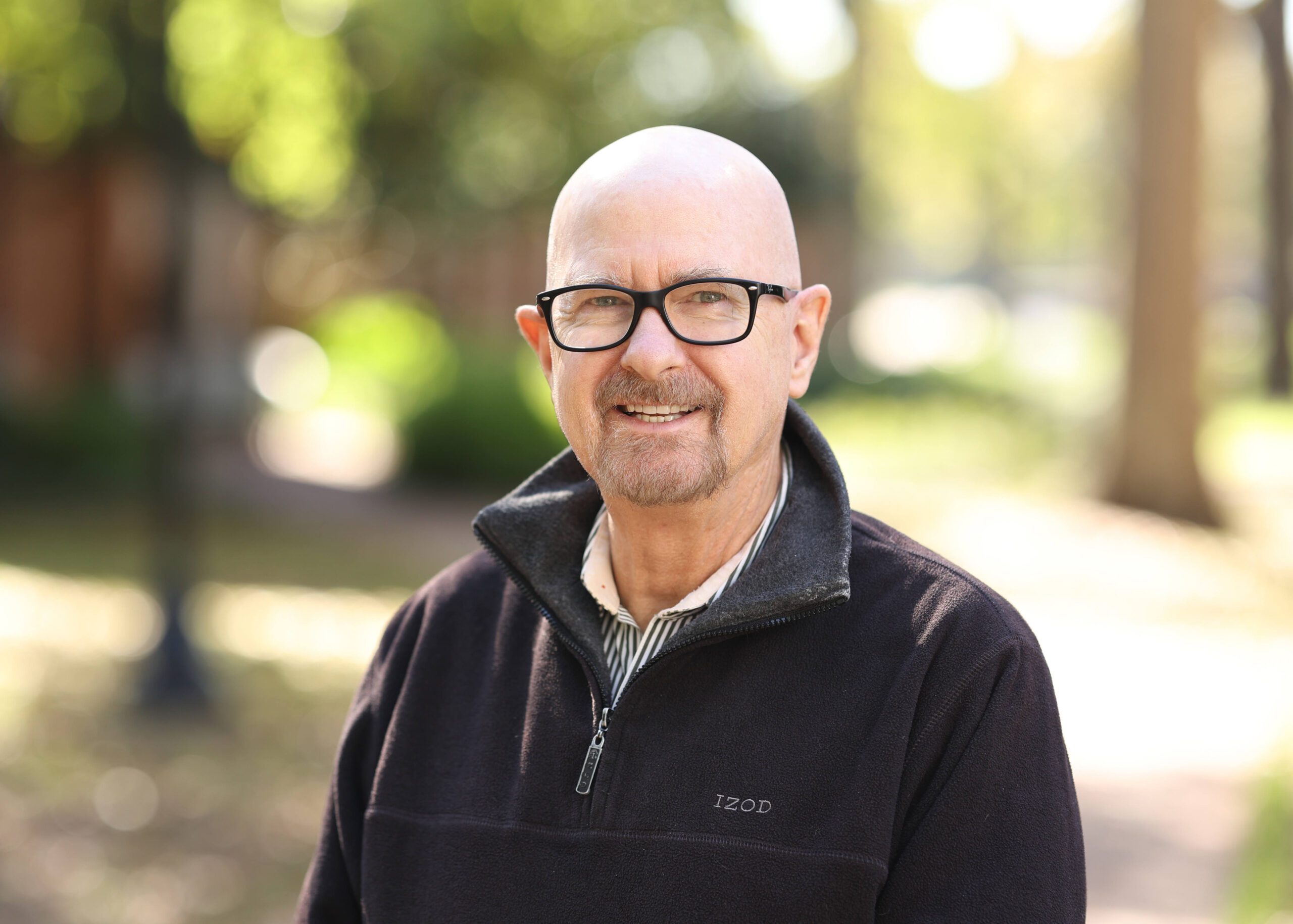

Nicholas Radel
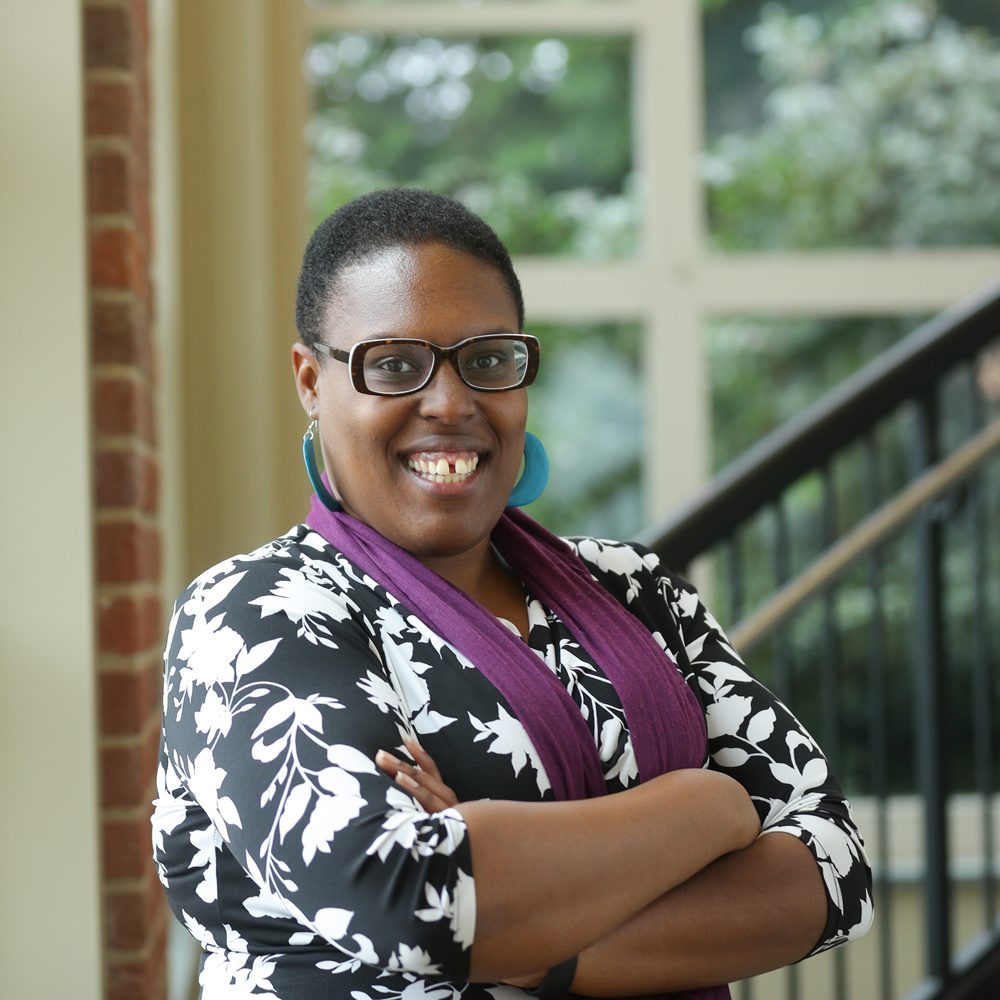

Kaniqua Robinson


Elizabeth Smith
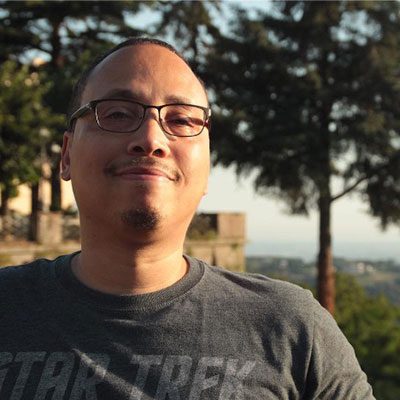

Roger Sneed
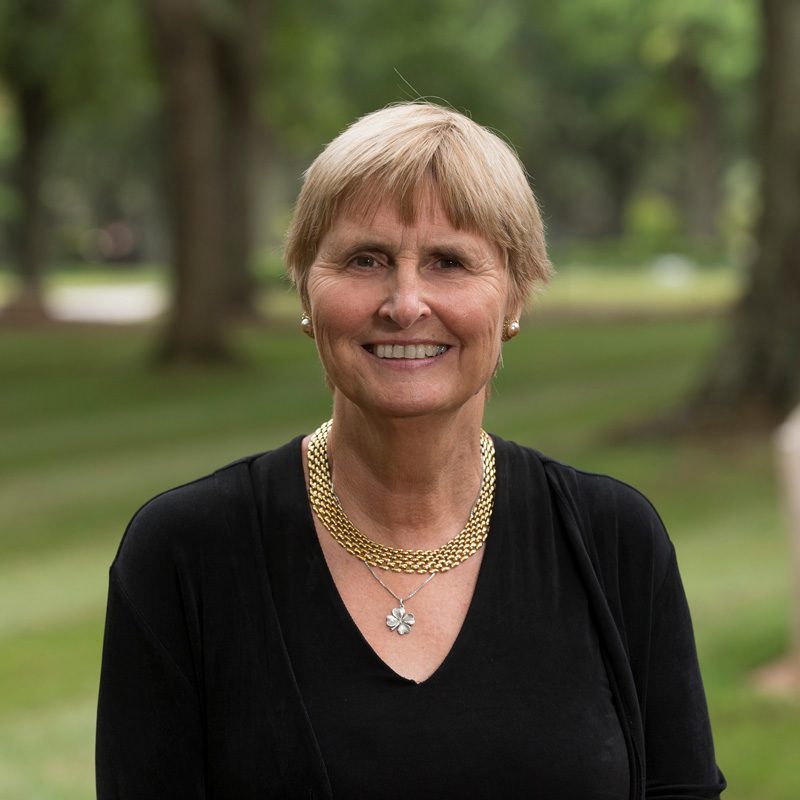

Marian Strobel
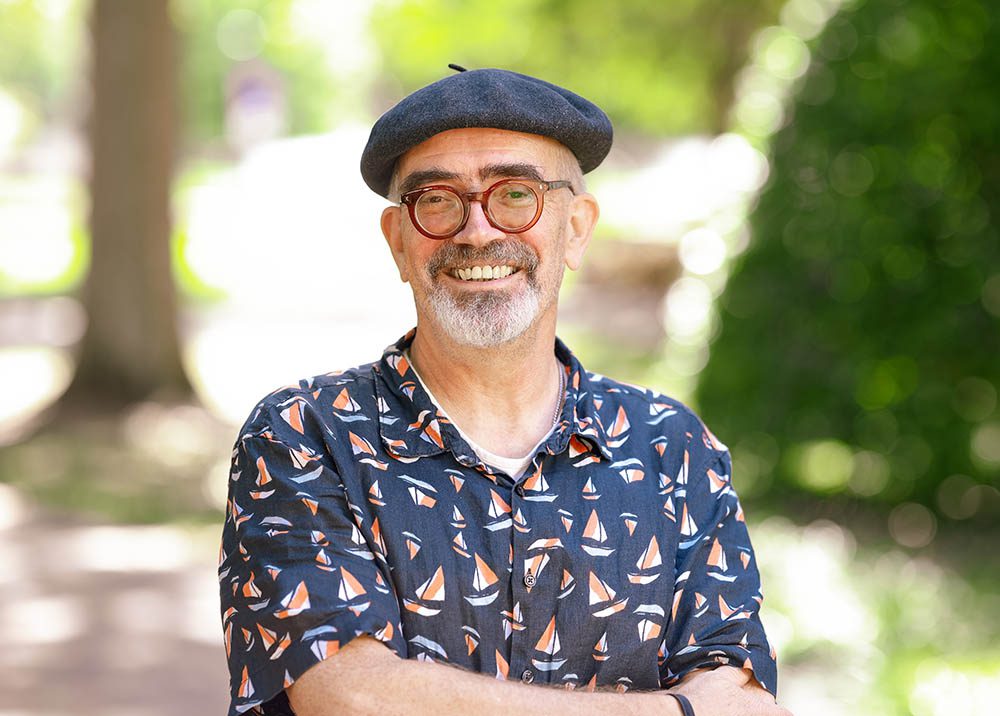

Alfons Teipen
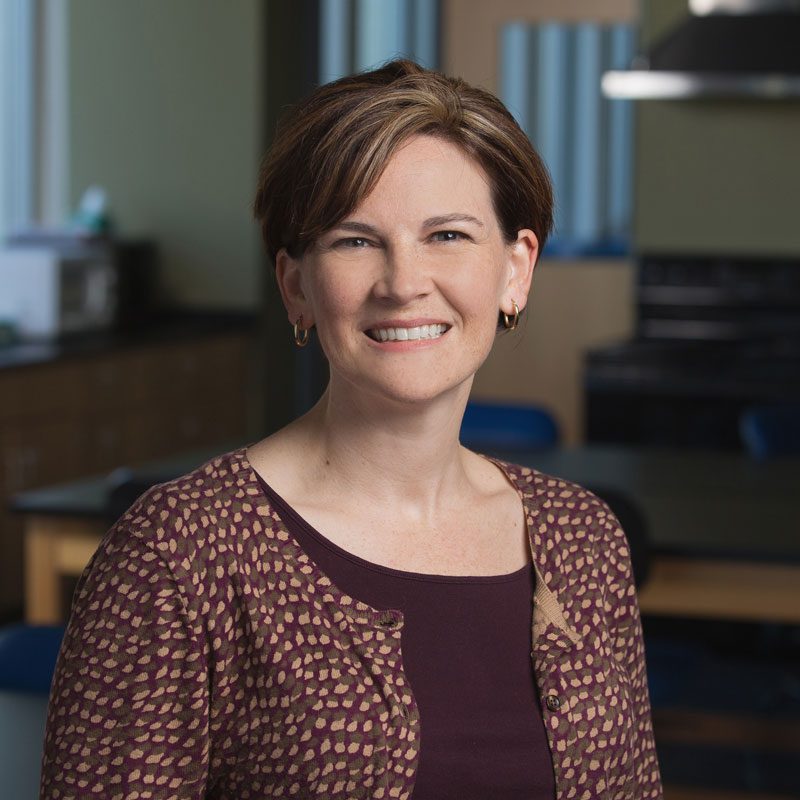

Victoria Turgeon
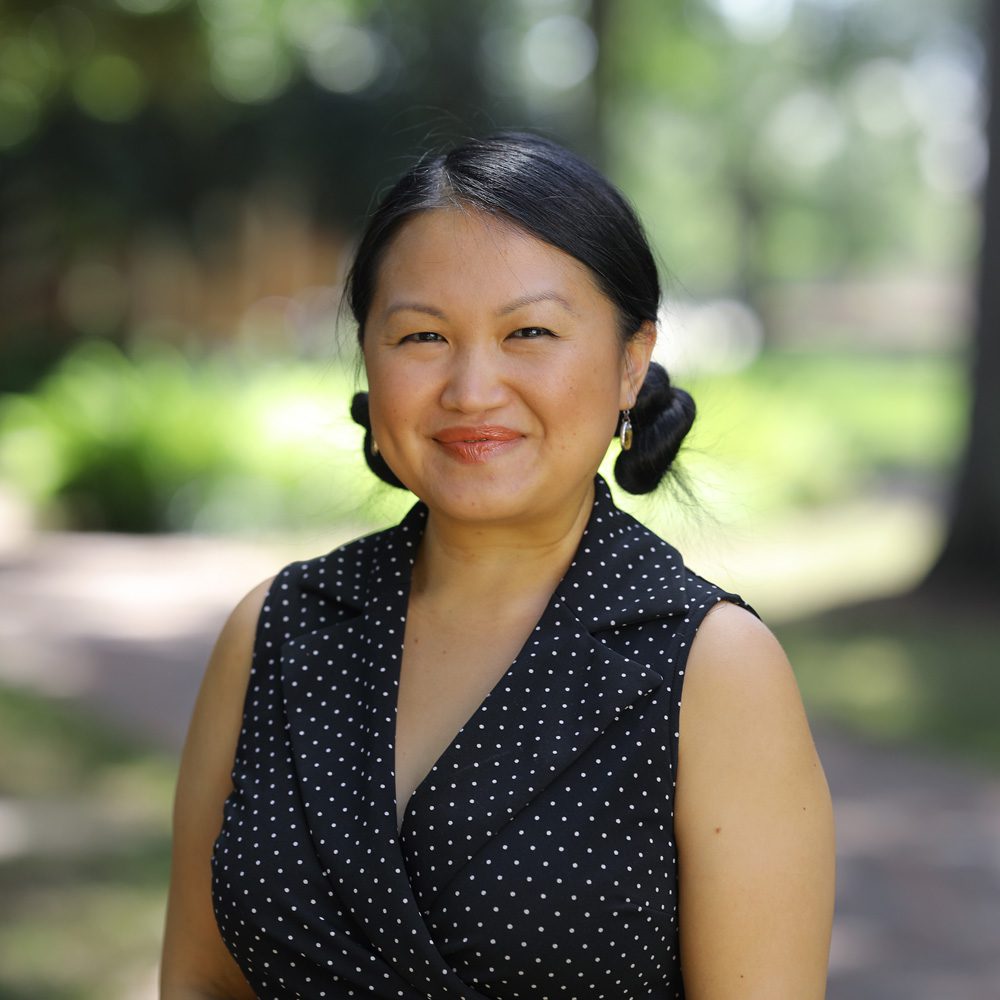

Mai Nou Xiong-Gum



Committee Members and Affiliate Faculty
- Gretchen Braun (English)
- Kathleen Casey (WGSS/History)
- Mary Fairbairn (Library)
- Kylie Fisher (Art History)
- Linnea Freeman (Biology)
- Scott Henderson (Education)
- Jeffrey Makala (Library)
- Nick Radel (English)
- Kerstin Blomquist (Psychology)
- Carolyn Day (History)
- Mary Fairbairn (Library)
- Bronwen Forbay (Music)
- Linnea Freeman (Biology)
- Nader Hakim (Psychology)
- Veena Khandke (Asian Studies)
- Emily Krauter (Modern Languages and Literatures)
- Kristy Maher (Sociology)
- Jeffrey Makala (Library)
- Nashieli Marcano (Library)
- Holly Pinheiro (History)
- Beth Pontari (Psychology)
- Meghan Slining (Health Sciences)
- Melanie Sutherland (IACH)
- Courtney Tollison (History)
- Helen Lee Turner (Religion)
